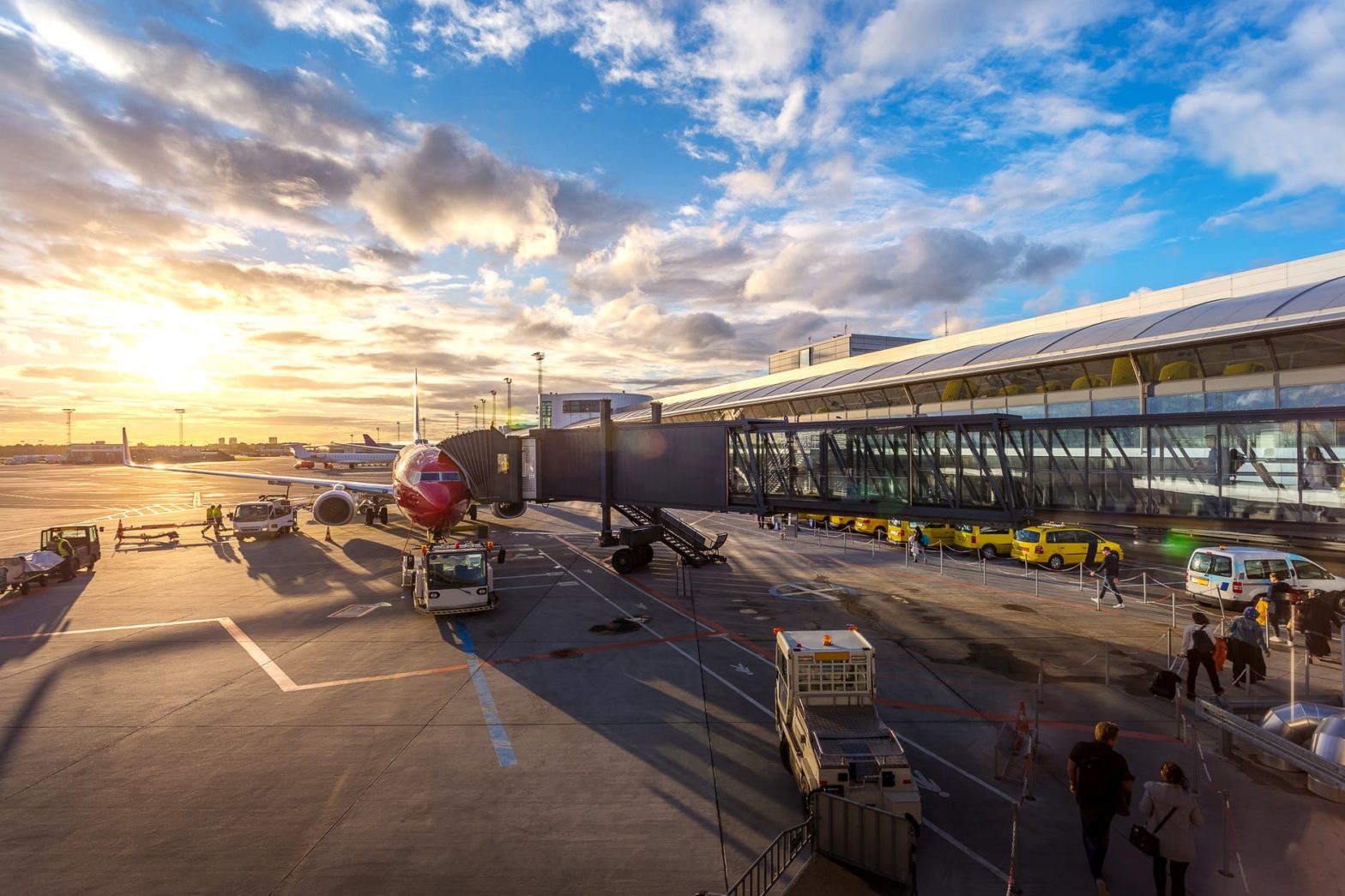In recent aviation news, several Portuguese airports are going green and making pledges for the near future. Ten years, to be exact. The goal is to have “zero emission” airports in Portugal, removing environmentally harmful gases entirely. Sustainability is a key focus for the European country and its role in the aviation world.
Nicolas Notebaert, the President of the VINCI Airports company, which owns Portugal’s 10 major airports, has set out his greener plans for the country. Notebaert pledged that within a decade these airports will produce zero carbon emissions.
Given the booming tourism that the country recently experienced this summer, the announcement is well-received. Many look forward to the environmental progress that Portugal will usher into Europe.
Related: Sustainable Travel: The World’s Coolest Carbon Neutral Hotels
What We Know
This pledge will mean that Portugal will be the first in Europe and the world with climate-neutral airports, according to translations from The Portugal News. The Vinci airports hope to remove environmentally harmful gases in the airports it controls in Portugal through ANA. Notably, Vinci Airports is a French airport operator that since 2013 owns the Portuguese company ANA, responsible for managing 10 airports in Portugal, i.e. mainland (Lisbon, Porto, Faro, and Beja Civil Terminal). It also manages the Autonomous Region of the Azores (Ponta Delgada, Horta, Santa Maria, plus Flores) and the Autonomous Region of Madeira (Madeira and Porto Santo).
What To Expect
The idea sprung to life after two major events that took place in the south of the country, in Faro. Officials gathered to mark the anniversary of the first aerial crossing of the Southern Atlantic between Lisbon and Rio de Janeiro (8300 km).
It was announced that Faro’s airport will bear the name of Gago Countinho, who led the pioneering flight in 1922. Notebaert also declared the commissioning of a solar power plant at Faro airport. According to The Mayor.eu, “with a capacity of 3MWp, it enables VINCI Airports to produce 30% of the airport’s electricity needs, reducing CO2 emissions by more than 1,500 tonnes per year.”
This will be the very first airport solar power plant of its kind in all of Europe.
